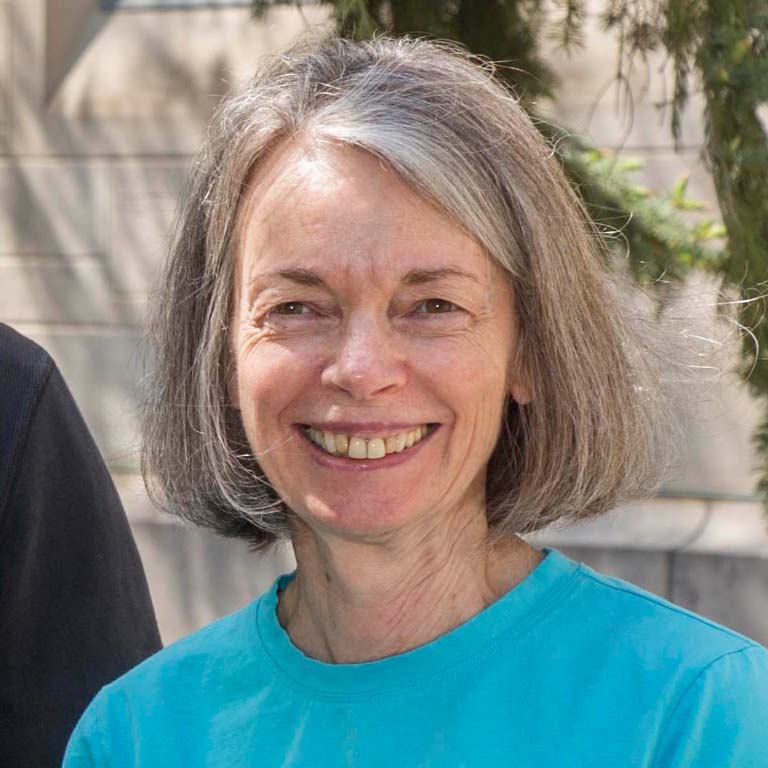[View original story from source]
New research from Indiana University has identified "hotspots" in DNA where the risk for genetic mutations is significantly elevated.
These mutations arise because "typos" can occur as DNA replicates during cellular division. A recent analysis, which found that random mistakes in DNA play a large role in many cancer types, underscores the need to understand more about what triggers these errors.
The IU-led research, conducted in E. coli, appears in two papers (Determinants of Base-Pair Substitution Patterns Revealed by Whole-Genome Sequencing of DNA Mismatch Repair Defective Escherichia coli; The Spectrum of Replication Errors in the Absence of Error Correction Assayed Across the Whole Genome of Escherichia coli) in the "Highlights" section of the August issue of the journal Genetics. The "hotspots" identified are specific to E. coli and related bacteria, but the work could provide a roadmap to identifying similar trouble spots in human DNA.
"This research gets us closer to understanding how the cell's replication machinery interacts with DNA," said Patricia Foster, a professor emerita in the IU Bloomington College of Arts and Sciences' Department of Biology. "If you can understand exactly why an error occurs at a particular point on the DNA in bacteria, it gets you closer to understanding the general principles."
Foster is the first author on one of the two papers. The other paper’s first author is Brittany Niccum, a Ph.D. student in Foster’s lab at the time of the study.
The risk for cancer from DNA replication errors is highest in certain tissues—like the prostate and bones—where a higher rate of cellular renewal means there are more opportunities for mistakes to occur as the DNA is copied.
"There are parts of the genome that contain 'cancer drivers,' where changes in the DNA can allow tumor cells to proliferate," Foster said. "If you could know what sections of the DNA had a higher risk for mutation, you might be able to focus your analysis on these 'hotspots' to predict what will happen next."


 The College of Arts
The College of Arts